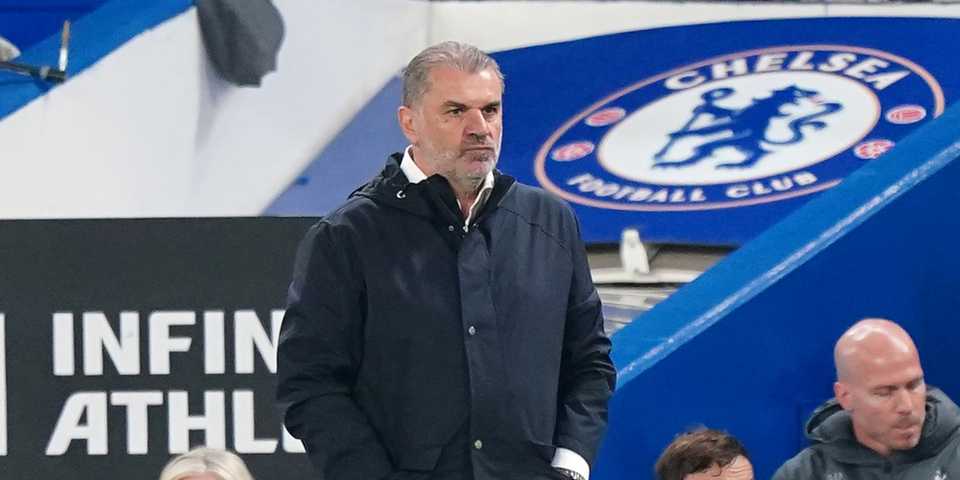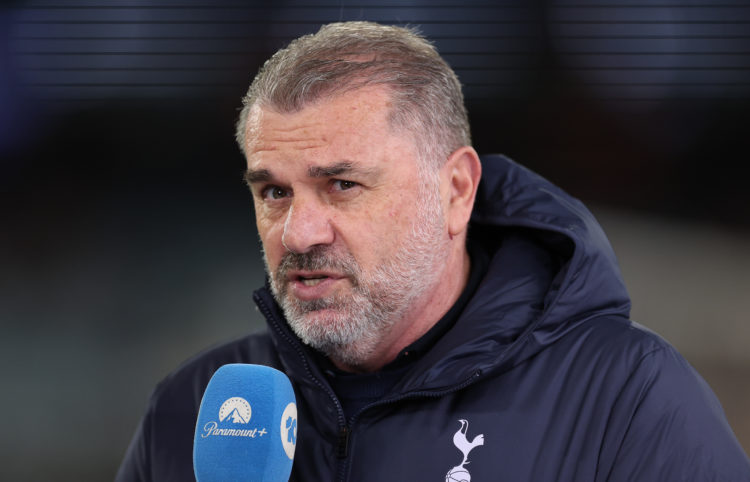Ange Postecoglou has offered a remarkably transparent analysis of the peculiar pressures facing Tottenham managers, speaking openly about the institutional challenges that have derailed multiple coaching tenures at the North London club.
As speculation mounts about his future following a disappointing second season, the Australian delivered a sobering assessment of why the Spurs job differs fundamentally from other elite coaching positions.
“The challenge here is unique,” Postecoglou admitted. “If anyone takes this role expecting smooth sailing, they haven’t studied the club’s history.” His words carry particular weight given Tottenham’s tendency for internal divisions and passive responses to external criticism.
Unlike other top clubs where stakeholders present a united front during difficult periods, Postecoglou observes that “every fight becomes an internal one” at Spurs, leaving the club vulnerable to disproportionate scrutiny.
The manager pointed to the aftermath of their recent Chelsea defeat as symptomatic of this issue. Rather than focusing on VAR’s controversial six-minute intervention that materially affected the match, media narratives centered on his interaction with frustrated supporters.
“That’s the challenge we face,” he noted, highlighting how negative storylines gain disproportionate traction around Tottenham compared to other clubs.
Postecoglou remains defiant about his project despite growing pressure. He argues the club received insufficient credit for last season’s fifth-place finish achieved amidst Harry Kane’s departure and a complete tactical overhaul.

“In another year, that would have been Champions League qualification,” he stressed, lamenting the short-term memory of modern football where one difficult season erases previous achievements.
The 59-year-old acknowledges the current campaign hasn’t met expectations but rejects the notion that immediate success should define his tenure. “If you have five years with three strong seasons and two disappointing ones, most would consider that acceptable,” he reasoned. “Here, one good year followed by one poor year creates pressure to start over.”
His solution involves cultural change – specifically, more vocal defense of the club from within. “It doesn’t have to just come from me,” Postecoglou said, hinting at the need for broader leadership. “Other clubs have people speaking up for them during tough periods. We seem to accept negative narratives too easily.”
This analysis reveals why Tottenham has become a managerial graveyard for high-profile coaches. The club’s passive institutional culture, combined with intense external scrutiny and impatient fan expectations, creates a perfect storm where projects rarely receive time to mature. Postecoglou’s predecessors Mourinho, Conte and Nuno Espírito Santo all encountered similar structural challenges.
Yet the former Celtic boss remains determined to fight on. “I knew these challenges taking the job,” he asserted. “I’m a fighter and will keep pushing until told otherwise.”
Whether he gets that opportunity may depend on Tottenham’s willingness to finally address the deeper institutional issues he’s identified – problems that have persisted through multiple ownership cycles and now threaten another promising project.
Postecoglou’s candid remarks suggest he understands the scale of transformation required beyond just on-pitch results.
His ability to implement that change, or Tottenham’s patience to allow him to try, will determine whether his tenure becomes another cautionary tale or the start of genuine cultural evolution at a club perpetually struggling to match its ambitions with its operational reality.

